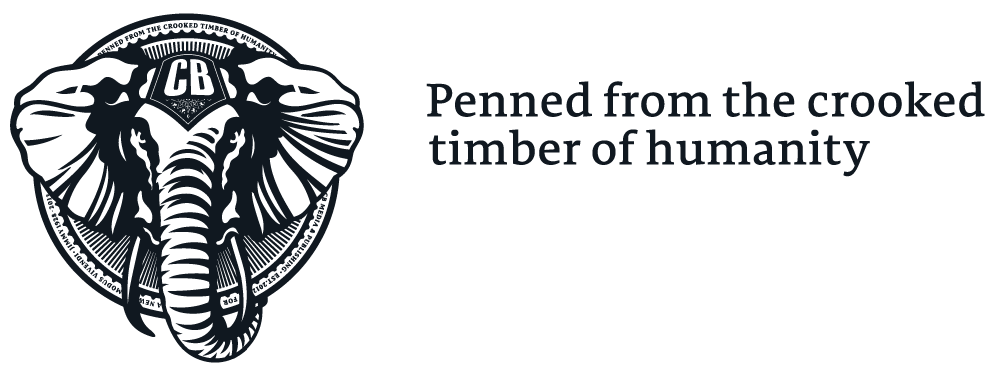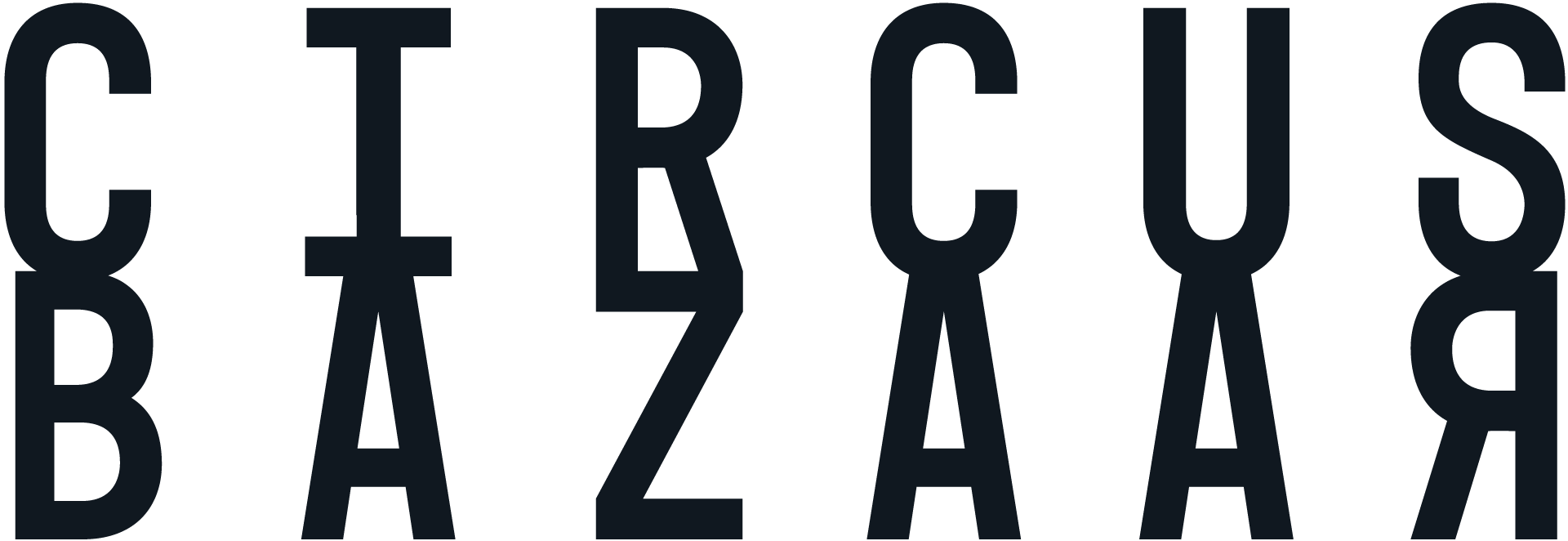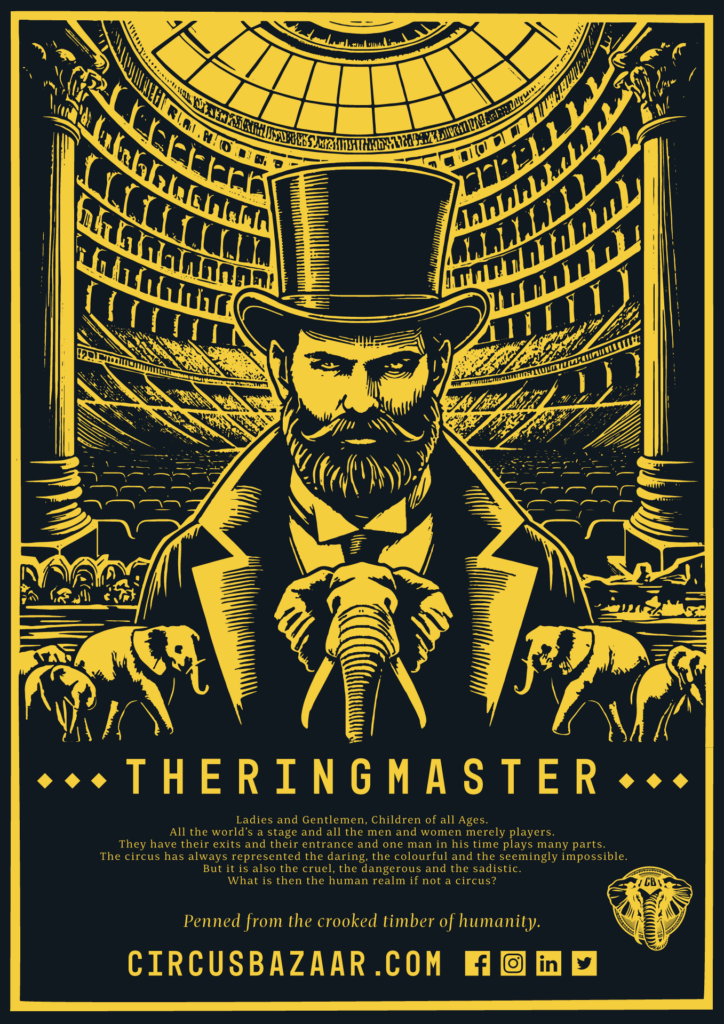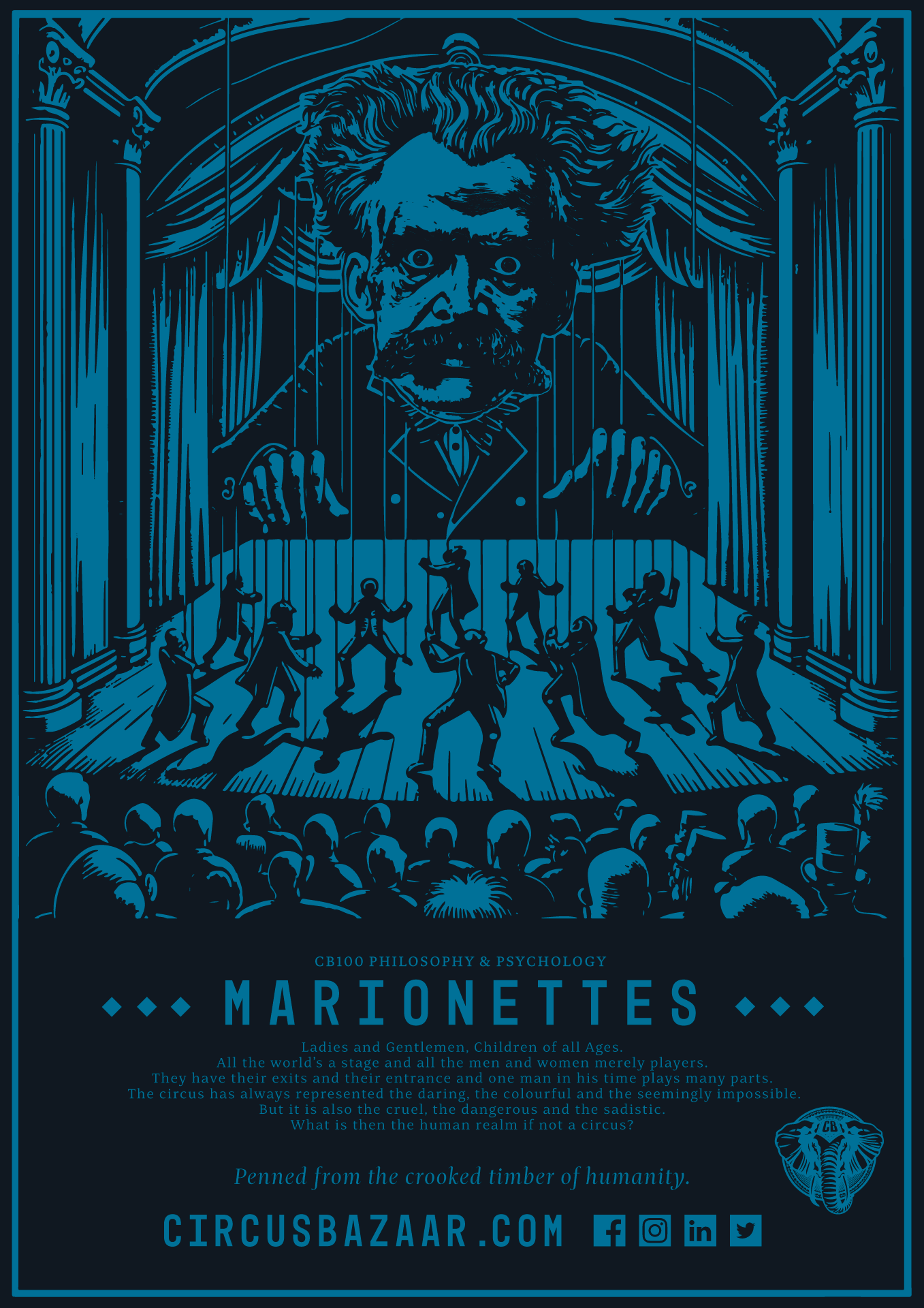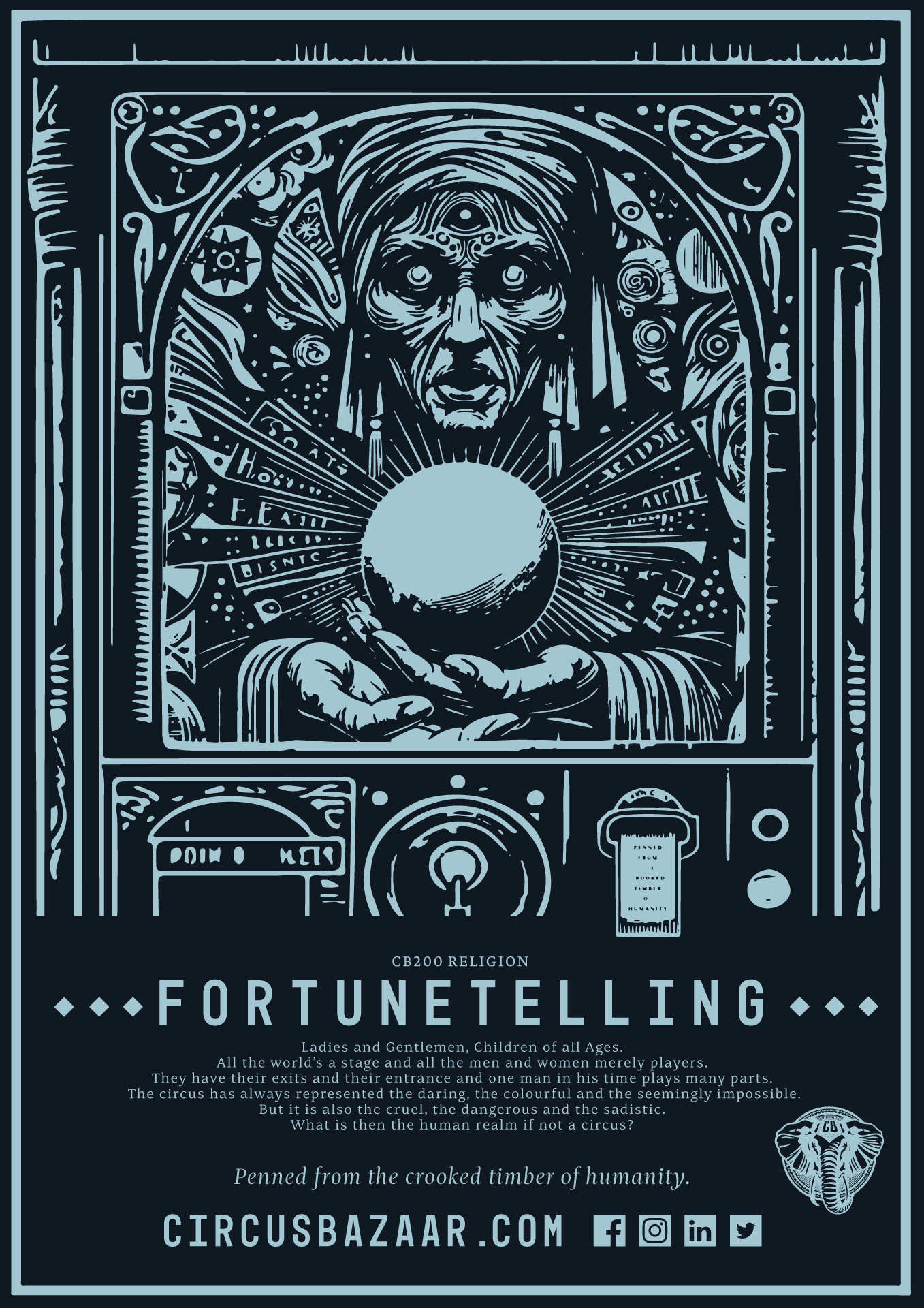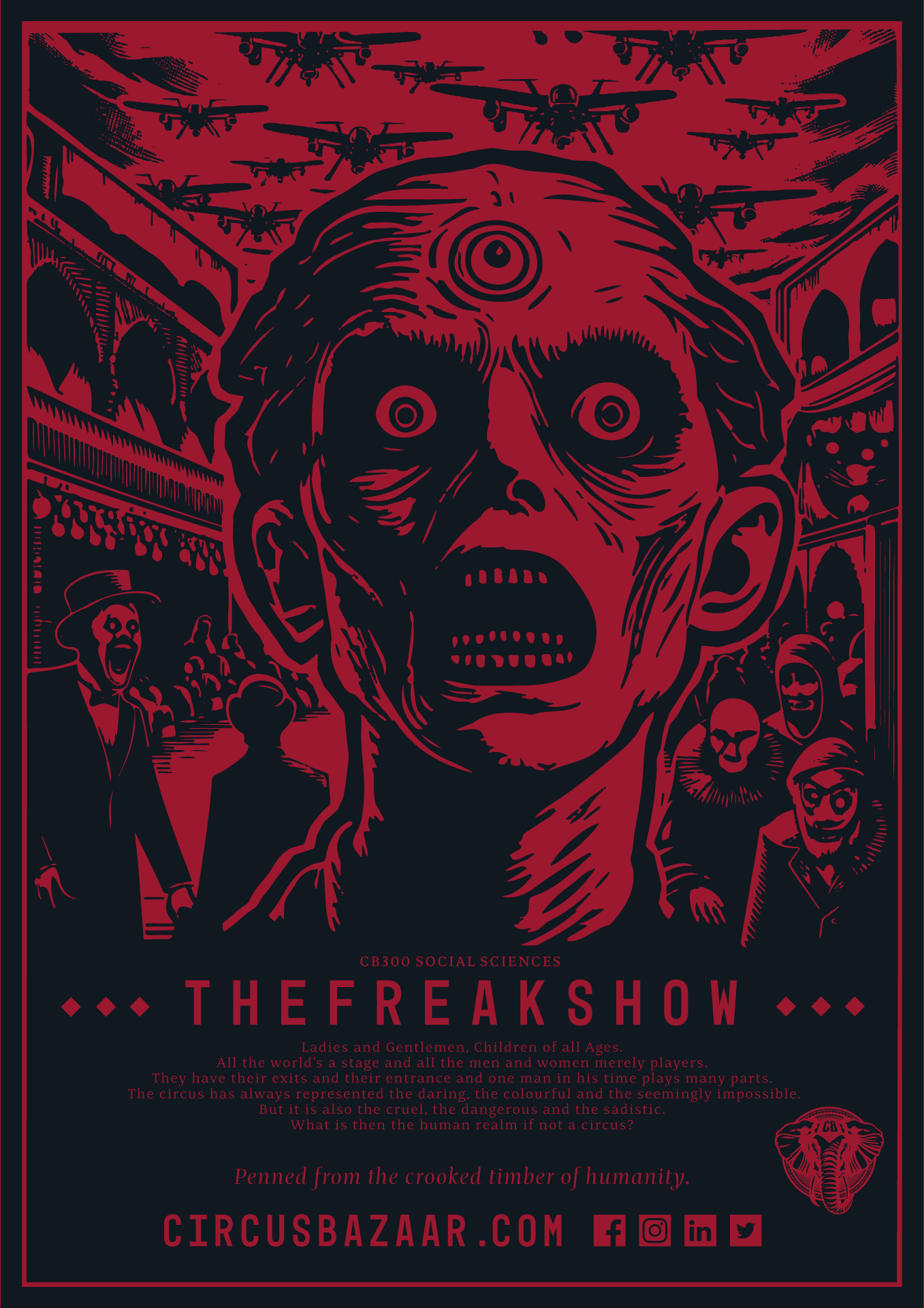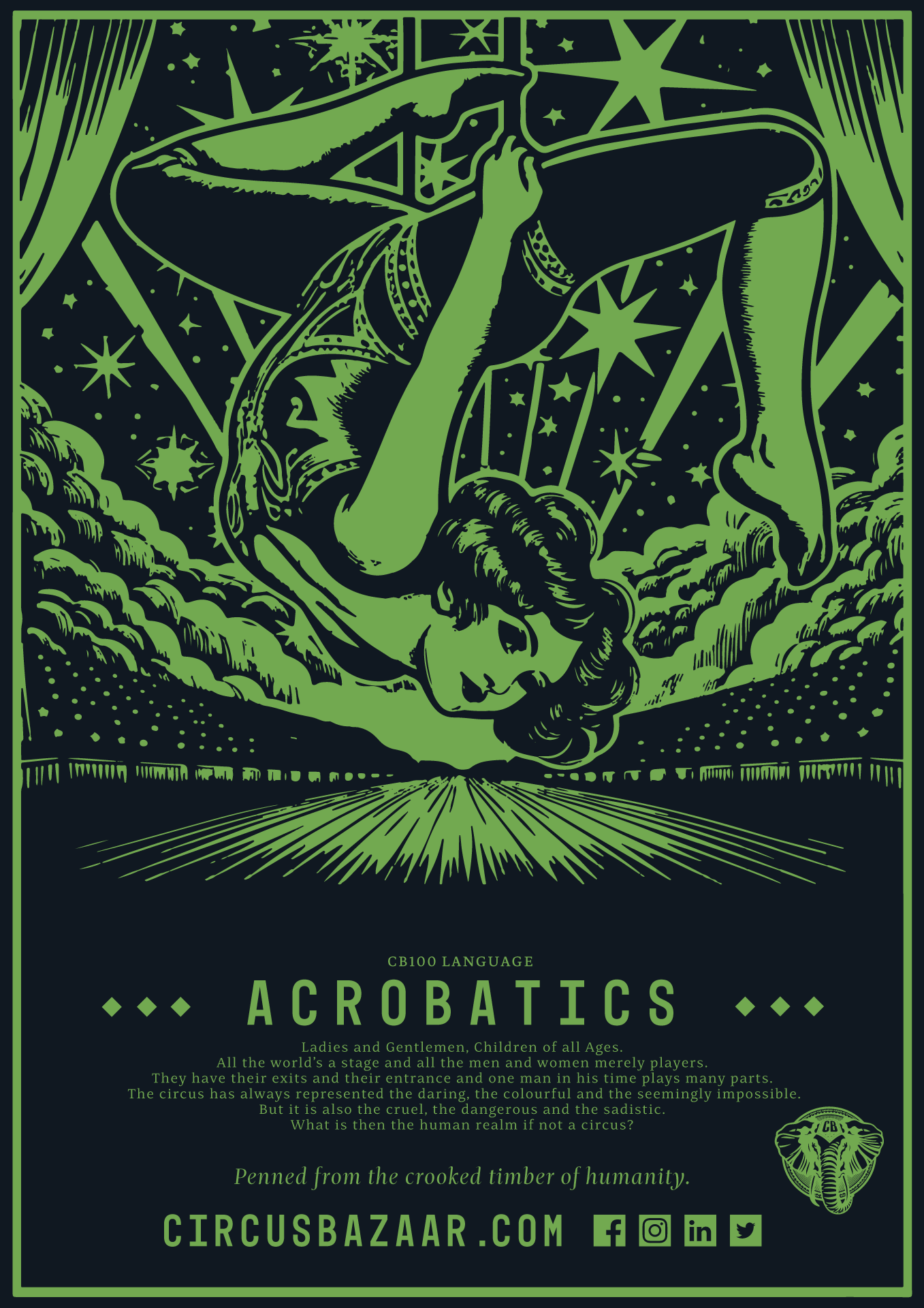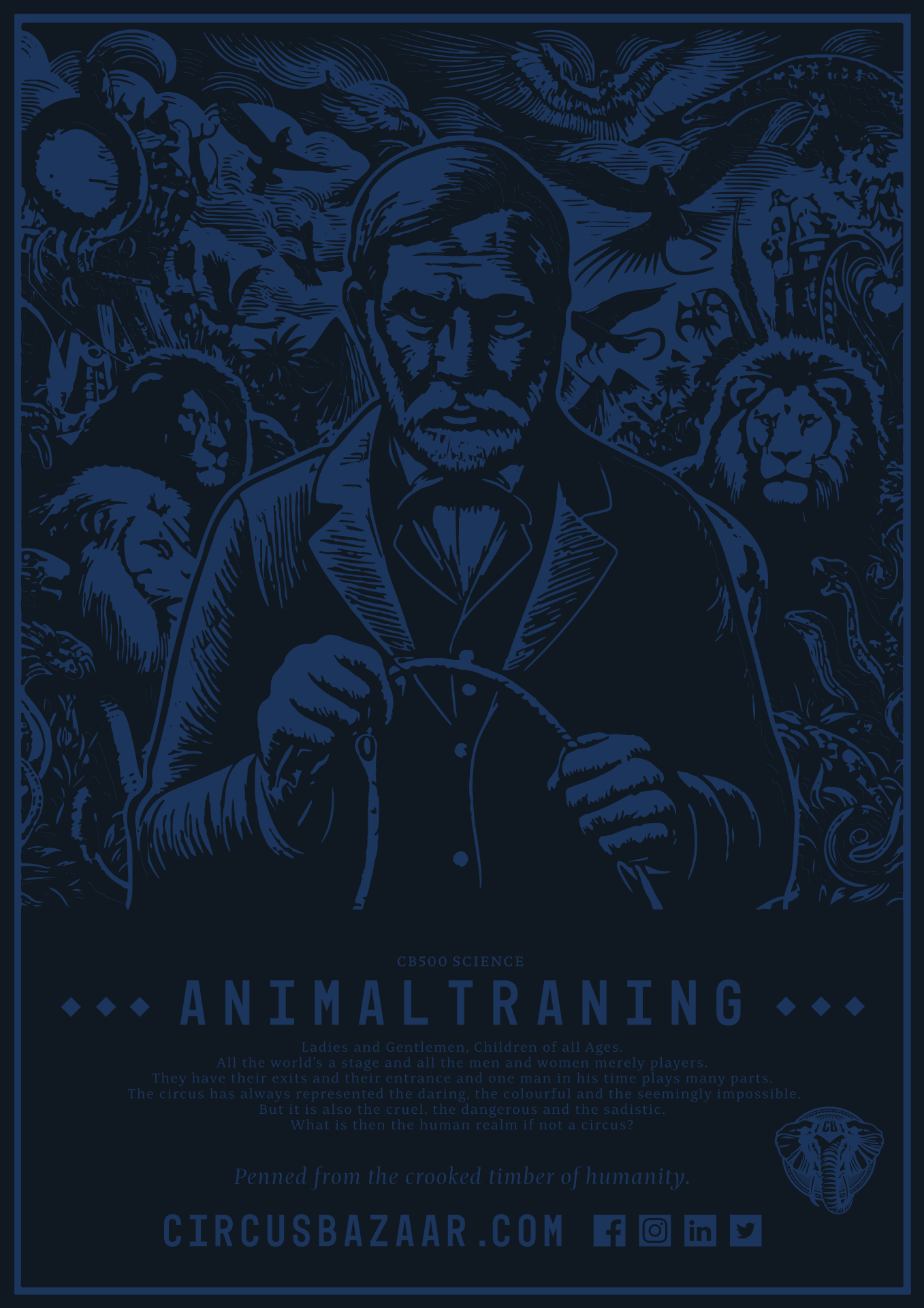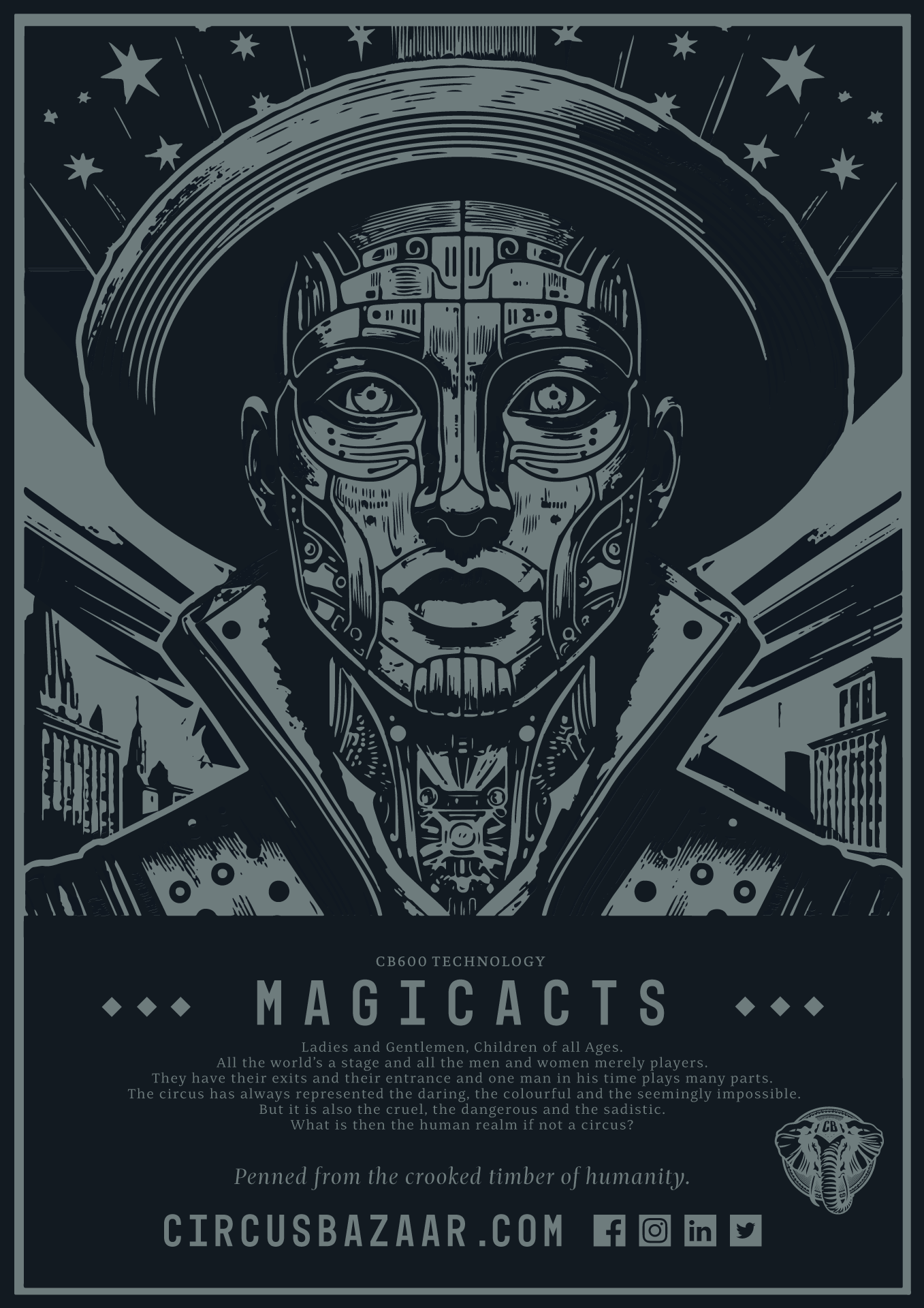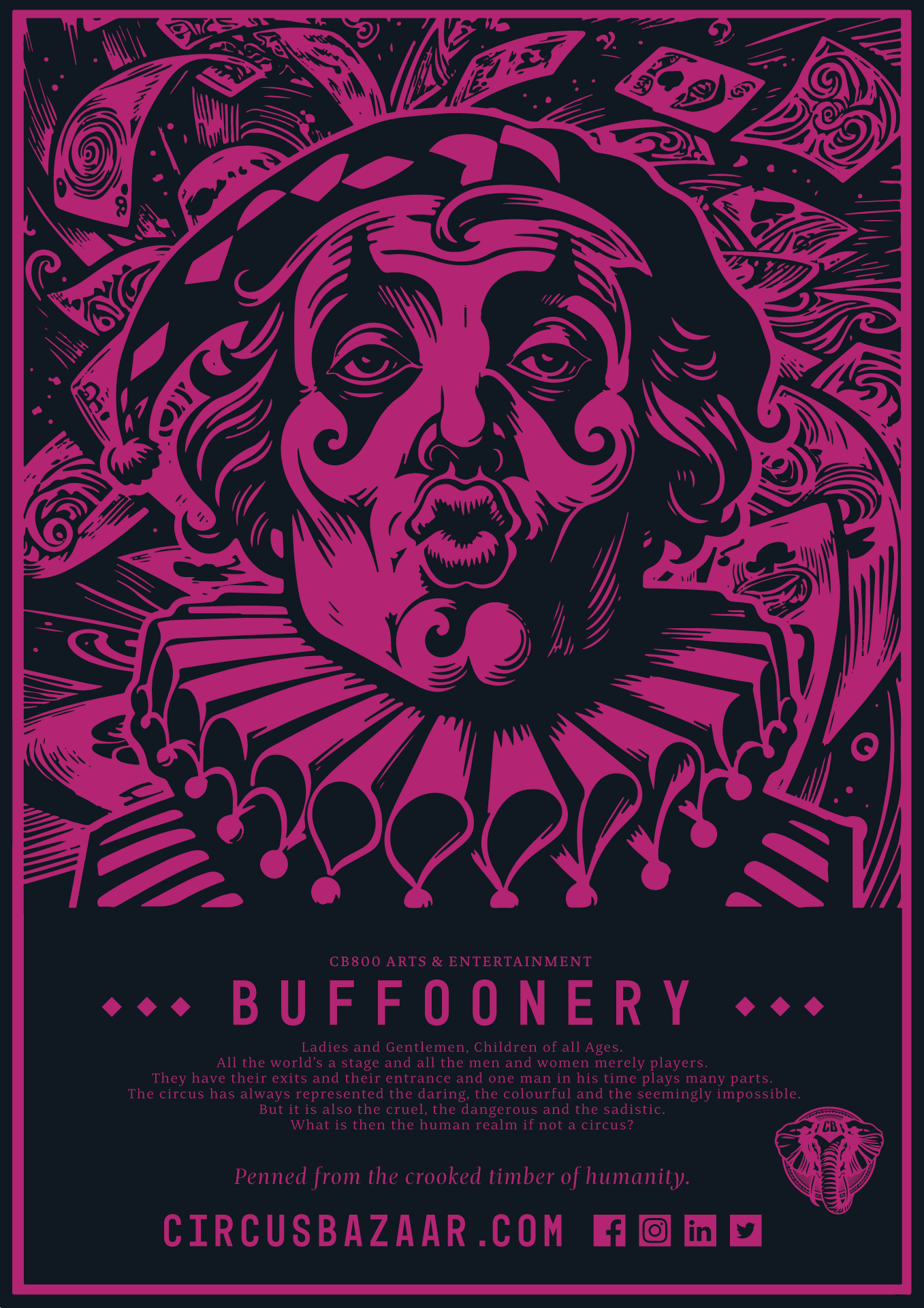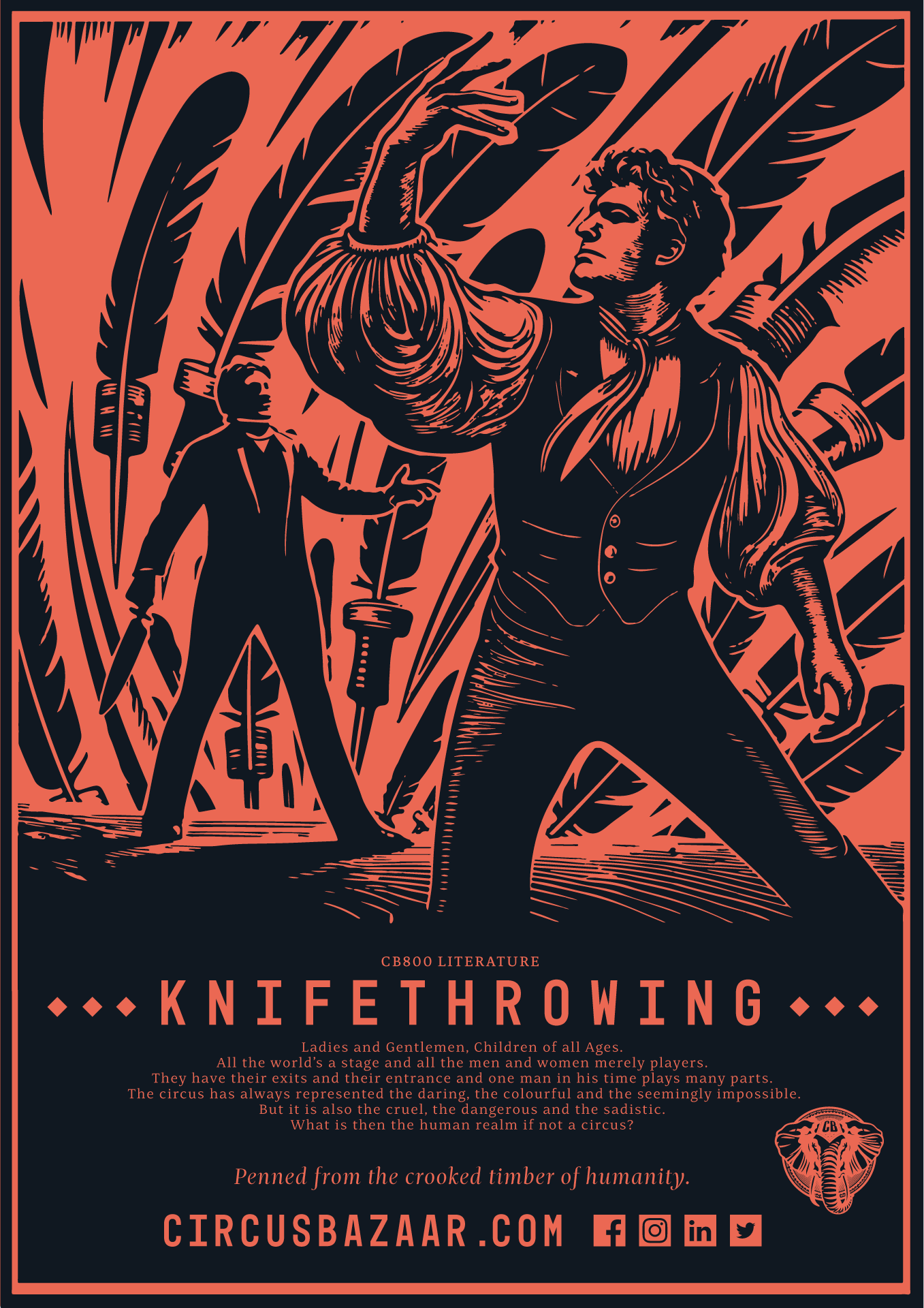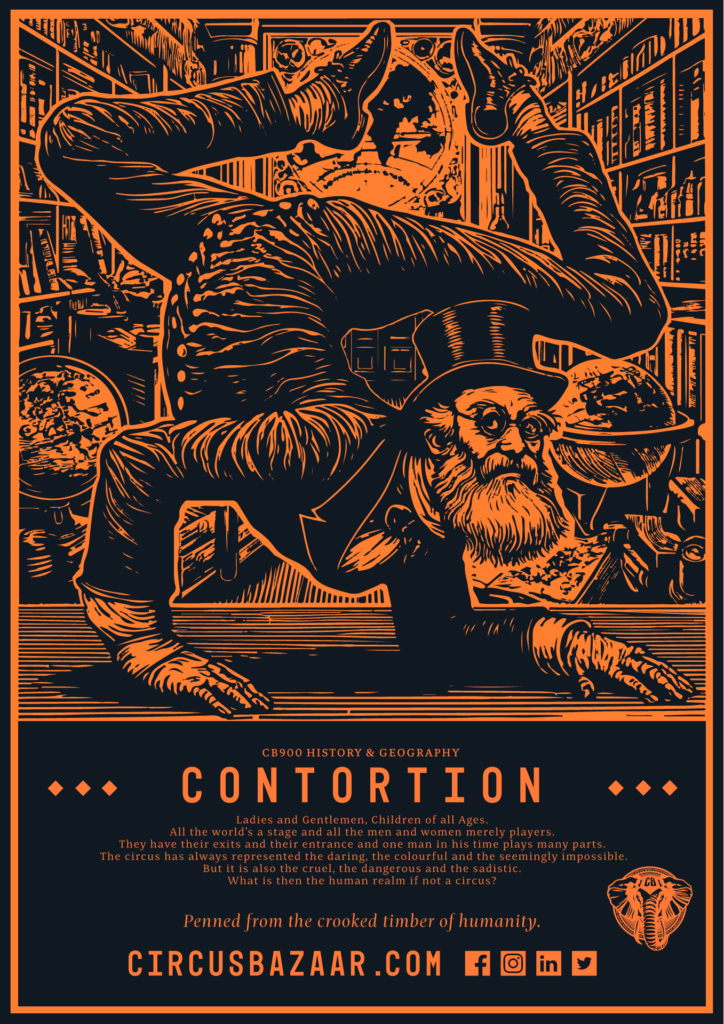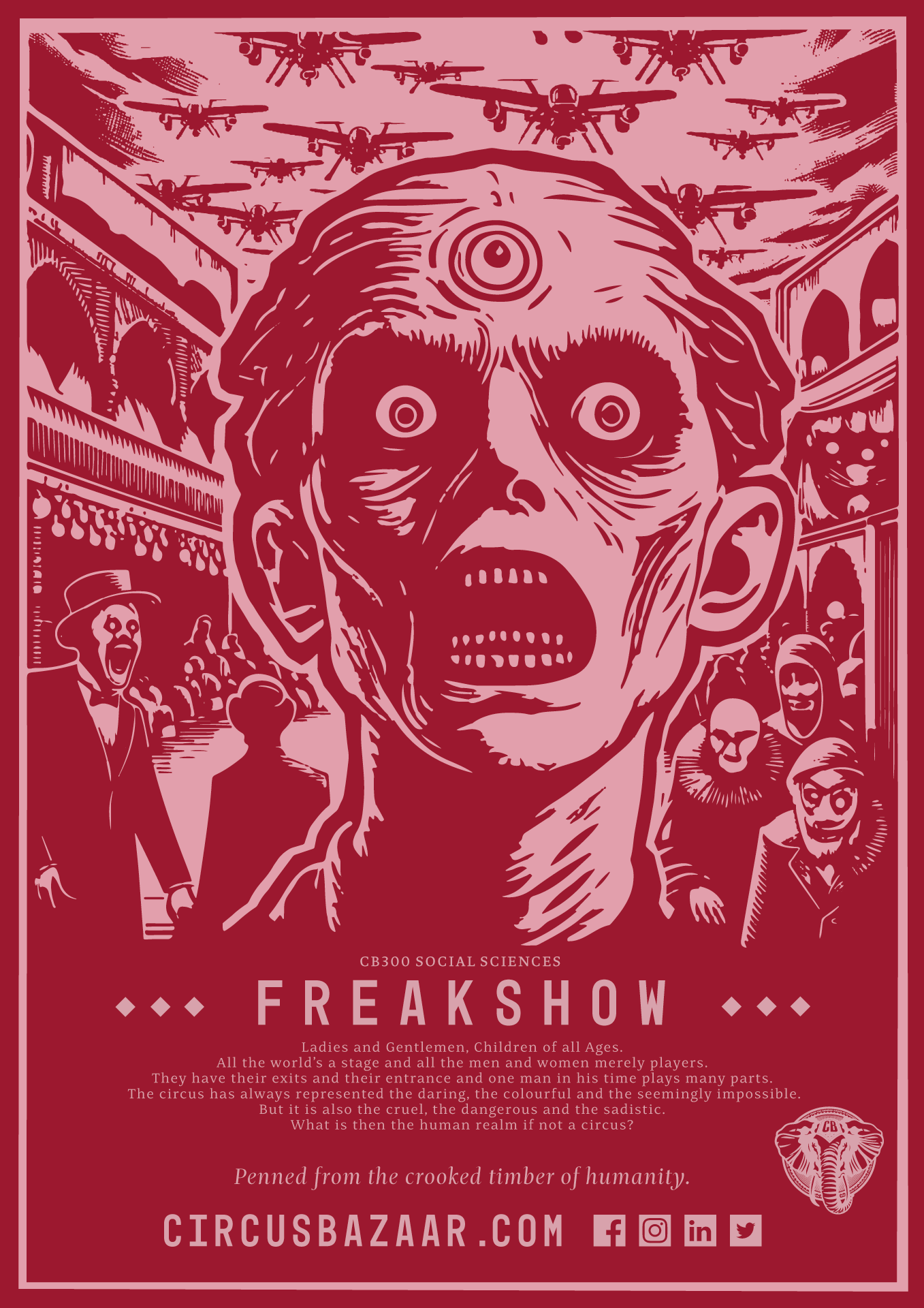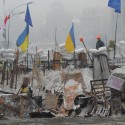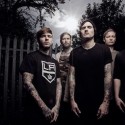[dropcap size=big]I[/dropcap] want to live in Kyiv, and I want to watch the evening news without crying! I want to spend the day without news of casualties and deaths due to automatic weapon and rocket fire less than 500 km away from where my children go to school. My parents were refugee children – I don’t want my children to follow in their footsteps. And they won’t! Mr. Putin: history is on our side – not yours!
I’ve started writing these thoughts somewhat emotionally, but given that I’ve just finished watching a lengthy news report about children refugees from Slovyansk, and Kramatorsk who have been forced by Russian-backed thugs to flee to Lviv (western Ukraine); given that a few days ago I met with a former MBA student of mine who recounted having evacuated his family from Donetsk to Kyiv because his apartment had been shot up by terrorists with automatic weapons; given that my neighbor last week brought her elderly mother (an ethnic Russian) to Kyiv from Alushta Crimea because she is afraid for her life; perhaps my emotions are justified?
I stayed up past midnight on Thursday night watching the live broadcast of the UN Security Council “debate” on the Ukrainian crisis during which Russian ambassador Churkin blamed the violence in Ukraine’s east on the Kyiv government. Today, the leader of the French right wing “Front National” (the party that won 25% of the vote in the recent EU parliamentary elections in France) blamed the US and EU for “fueling the flames” in Ukraine. Apparently she missed Saturday’s statement by the leadership of the self-proclaimed “Donetsk Peoples’ Republic” during which they asked for a “humanitarian corridor” to the Russian border in order to transport 33 bodies of fighters killed during last week’s violence at Donetsk airport – all of those killed are Russian citizens (mercenaries) whose remains need to be transferred to their homeland for burial. I echo the question asked of Mr. Churkin by Ukraine’s ambassador to the UN: why are Russian fighters engaged in armed conflict deep inside Ukrainian territory? Who is “fueling the flames” Madame Le Pen? The questions are rhetorical…
Ukraine has been on the nightly news worldwide for many months. While the main events were occurring on Kyiv’s Maidan, I felt it was my responsibility to provide not only analysis, but also personal accounts of events on the ground. Now that the epicenter of the news has moved several hundred kilometers eastward, writing in diary format seems somewhat sappy and even self-agrandizing. After-all, I am not (thank God!) witnessing violence personally… But the relatively small distance between Kyiv and the front lines in the ongoing Ukrainian-Russian war, and the contrast between events in Ukraine during the past three months, and the three months that preceded them (which I experienced personally), embolden the social scientist in me. Specifically, I am struck by the contrast between two apparently obvious and mutually inconsistent explanations for the “crisis in Ukraine” – one that seemed to offer an adequate frame for explaining events during December-February, and the other (the precise opposite of the first) offering an outwardly believable explanation for events in March-May.
Social scientists should have reveled in the Ukrainian revolution (December-February) since it fit nicely into their most commonly accepted theories of social change, according to which revolutions and transformations are seen as reflections of underlying (i.e. unseen or at least not obviously perceived) conflicts, contradictions, or evolutionary trends (e.g. modernization). The Maidan was a threefold transformation (see “Thoughts from Kyiv” – March 20, 2014): 1) a national “awakening”, 2) a bourgeois rebellion against a “neo-feudal” corrupt regime, 3) a mass mobilization in support of post-modern values (e.g. dignity, self-reliance, individual rights, etc.). Thus Maidan was “structuration” (a la Anthony Giddens) par excellence: the authoritarian Yanukovych had dared to veer the Ukrainian people away from their “normal” (not necessarily pre-determined, but nevertheless progressively developmental) path, and therefore society had rebelled.
According to this (broad-brush) “social science” paradigm, the role of leaders in history is to act as catalysts, articulators, or temporary obstructors of underlying societal tendencies. Although the significance of political leaders’ decisions is not completely discounted by followers of this paradigm, individuals’ scope of action (agency) is seen as bounded by the structures in which they are embedded: local and international power relations, predominant values, norms and ideas, institutions, cultural, economic and technological trends, etc. Within this paradigm, the Maidan phenomenon was a vindication: a true social movement in which leaders mattered less (except for Yanukovych – the obstructor) while societal development (as understood by the participants themselves) was the prime mover of progress. What was important to understanding the Maidan was the historical trend that the people had embarked upon: “Europe” and “Dignity” were the unifying ideals that had galvanized the resolve of the masses, and regardless of their imperfections and misinterpretations, the values and institutions of a “normal life” (i.e. in a European democratic state) were seen as thoroughly modern and universally attractive. Therefore, a European future for Ukraine, where citizens’ rights were respected by the state, could be realized without having to be articulated by a charismatic leader – after-all, none ever emerged from the Maidan.
Thus, although the people on the Maidan generally rejected traditional left-wing ideology, social scientists hailing from the left (generally from outside Ukraine) have felt comfortable explaining this seemingly leaderless social phenomenon according to their “theories of social movements”. But then, within a week of Yanukovych’s flight, Crimea happened. And immediately afterwards, violence “erupted” in Donetsk and Luhansk. Regardless of the Kremlin’s attempts to frame post-Maidan events in a “social sciences” paradigm, it is patently obvious that neither the pro-Russian “referendum” in Crimea, nor the supposedly pro-Russian uprisings in the Donbas would have happened without direct instructions from Vladimir Putin.
This is problematic. Just as the “social science paradigm” seemed to be achieving some level of vindication, the actions of the Russian President demonstrated beyond a shadow of a doubt, that personal leadership (however misguided) still matters to the course of history. Take my own case as an example: in January I witnessed the spontaneous building of barricades on the Maidan – without management, or planning, or even a leader’s verbal visionary pronouncement that such barricades needed to be built. They simply were built – by people spontaneously cooperating, and (amazingly) without management. The barricades phenomenon (and many more on the Maidan) seemed to validate the claim that modernization equals de-personalization; that in a post-modern revolution, the power of charisma need no longer be embodied in a personal leader, but could instead be proliferated through social media as a unifying and mobilizing ideal.
I was skeptical, but I wanted to believe. But then Putin attacked Crimea, and this apparently suicidal act gained widespread support both in Russia (his approval rating apparently soared to over 75% immediately after the illegal annexation of the peninsula), and among western scholars who should have known better. And then Putin embarked on his Donbas gambit – sending weapons to separatists in Ukraine, and most recently, mobilizing Russian paramilitaries (primarily from the North Caucasus) to infiltrate and kill Ukrainians who resisted the self-proclaimed “Peoples’ Republics” of Donetsk and Luhansk.
All of this happened because of the will of one (apparently rather sick) man. No social movement in favor of annexation with Russia exists in the Donbas! The Donbas may have a distinct identity, but as countless studies have shown, and indeed as confirmed by the recent video address of Rinat Akhmetov, the Donbas identity is not to be equated with a Russian identity. There exists no underlying economic interest or social undercurrent that might explain the ongoing insurgency in the area. In fact, every Donbas coal miner knows that equivalent mines in Rostov region (Russia) have long-since been closed: coal mines in the area simply cannot survive without subsidies – Kyiv offers them, Moscow does not.
Several “scholars” have attempted to provide politico-economic explanations of Putin’s annexation of Crimea – e.g. that the “real” motive for annexation was access to the gas fields of the Black Sea, or that the historic port of Sevastopol was so important to the Russian identity, that its “return to Russia” (a questionable interpretation of history) was imperative. These might even be somewhat credible in the Crimean case, but where is the underlying socio-economic or legitimate geopolitical explanation for Putin’s actions in the Donbas? That question is rhetorical since no such explanation has been proposed by any rational individual. The sad reality is that the world order has been shaken by the will of one man – a man who has defied the accepted social scientific theories, according to which social trends trump (or at least constrain) individual deviance.
When the USSR collapsed in 1991, the renegade American sovietologist Ken Jowitt wrote: “the post-Leninist societies represent a historically unique “genesis environment”… In this new world, leaders will matter more than institutions, charisma more than political economy.” However, as had been the case during the Soviet-era, Jowitt’s characterization of post-Soviet realities was discarded as “right-wing”. After-all, although it was deemed inappropriate to label the profound social changes that occurred throughout Central and Eastern Europe during the 1990’s as a “transition” (that term implies a defined end-state that, as Claus Offe correctly pointed out, was not articulated at the start of the process), certainly the formerly state socialist countries underwent a “transformation” the course of which seemed more-or-less to be proceeding independently of their leaders. The end-point of this transformation turned out to be accession to EU membership – i.e. inclusion in a supra-national institution ruled by deliberately uncharismatic bureaucrats whose job (apparently) was to steer the proverbial European “ship” along a course that replicated the generally progressive current of human development.
One of the reasons for Jowitt’s lack of popularity among mainstream sovietologists during the Cold War was his insistence on referring to the USSR as a “Leninist” state, rather than deferring to its Marxist theoretical antecedents. He viewed the Soviet state as a “charismatic institution” similar to the Catholic Church – an organization whose social foundations had been established by one man, but then reinterpreted (often bastardized) by the founder’s followers after his death. At the time, sovietology was enamored with the idea of “convergence”, according to which Soviet society was seen as swiftly modernizing, and therefore becoming increasingly similar to the capitalist West. This process was seemingly being guided by Soviet leaders, but their actions were more akin to those of modern EU leaders (providing guidance to a society that was itself riding a depersonalized wave). Thus, regardless of Jowitt’s genuflects towards Max Weber (one of the fathers of modern sociology, and the supplier of the most common definition of Jowitt’s favorite term “charisma”), the German social scientist’s prediction that modernization would inevitably involve bureaucratization and depersonalization of political leadership became de rigeur.
During the 2000’s, social scientists’ interests in post-Soviet studies declined significantly. After-all, the region had become boring: the CEE states were offered EU membership, and the newly independent states of the former USSR (except the Baltic countries) were seemingly doomed to follow the Russian example of “managed democracy” – which in reality meant a slightly modernized version of charismatic authoritarianism (i.e. they were backward). Then in late 2004, Ukraine gave the social science world a temporary lurch with its Orange Revolution. Initially, this event looked like it might require a reinterpretation of the tenet according to which personal charisma was equated with backwardness, but when President Yushchenko disappointed both his electorate and the western world, the social scientific left happily relegated explanations of his initial appearance on the Ukrainian political stage to being a consequence of US covert “democracy assistance”, and deemed the latter to have been a dismal failure. After-all (so the accepted story went), one cannot engineer natural human social development.
Due to my research and personal interests in entrepreneurship (particularly in a post-Soviet context), I have always been skeptical of the determinist/progressive paradigm according to which individual agency is considered (more or less) peripheral to societal development. After-all, according to Max Weber’s classic and seminal work (“The Protestant Ethic and The Spirit of Capitalism”), entrepreneurs played a key role in the diffusion of new values in western Europe during the 17th and 18th centuries, and it was this process that became a fundamental ideational precondition for the development of modern capitalism in the region. However, as Weber himself pointed out, although the values spread by European protestant entrepreneurs may have been formulated by such charismatic figures as Luther and Calvin, their actual dispersal seems to have occurred relatively spontaneously. And over the years, again as Weber points out, the distinctly religious underpinnings of the Protestant Work Ethic were transformed into a “Spirit of Capitalism” – a set of secular ideational principles (values and norms) for a distinct way of life under liberal-democracy. In other words, the ethic may have been formulated by historical “great men”, but its acceptance and proliferation resembled a social wave whose time had come, whose essence changed over time, and whose vector of development needed no guidance from leaders.
Much has been made of the proliferation of “nationalist” symbols on the Maidan. As I have written elsewhere (Response to Washington Post Article by Keith Darden and Lucan Way – Feb 15, 2014), portraits of Bandera and black and red flags carry a different meaning today than during World War II when the idea of Ukrainian nationalism was being defined by its charismatic leaders. Today, these symbols represent protest – no more, and no less. As for the Ukrainian national anthem, the blue and yellow flag, and the trident, these are symbols whose time has definitely come. Patriotism (i.e. political nationalism) today is a social force that is truly unstoppable in Ukraine. How far we’ve come…
During what seems like a previous lifetime, in January 1991, I arrived in the eastern Ukrainian city of Dnipropetrovsk as an exchange student. During the six months that I studied history there, I used to play a little linguistic game with the locals: while walking along the main street (Karl Marx Prospekt) of this bustling industrial city of one million inhabitants, I would stop locals to ask the time – in Ukrainian. In 9 out of 10 cases the reaction would be shock, and less than half would actually understand my question. At that time, Dnipropetrovsk was a city whose primarily ethnic Ukrainian population had become thoroughly russified by the Soviet state. During the March 1991 all-Soviet referendum (organized by Gorbachev) on renewal of the USSR, over 80% voted in favor (82% at Dnipropetrovsk University where I studied). Six months later, these same voters cast their ballots in huge numbers in support for Ukraine’s declaration of independence. Nevertheless, for many years afterwards, the blue and yellow flag continued to be considered mildly subversive and the trident was a largely foreign symbol. Back in 1991, the fact that as Canadian-born exchange student I spoke Ukrainian (and no Russian) made me a suspicious character in the eyes of most of my student friends and indeed among professors.
Last night I watched a news report about an officer from Dnipropetrovsk who had volunteered to serve in the defense forces engaged in the Anti-Terrorist Operation. He had been wounded, and had been brought home to Dnipropetrovsk from the neighboring Donetsk oblast. His friends and comrades sent out a call for blood donors through social media. Within a few hours several hundred people showed up. The hospital’s blood donor clinic was overwhelmed. The people spoke Ukrainian; they sang the national anthem; they wore t-shirts with the trident, and many wrapped themselves in blue and yellow flags. Their movement was spontaneous – no leaders, no charismatic speeches, just a desire to help in a common cause whose time had clearly come.
When I was growing up in the Ukrainian diaspora community in Canada, we used to joke that there were only two kinds of people in the world: those who are Ukrainian, and those who wish they were. Lately, I get the impression that was a profesy, not a joke.
According to pronouncements by the Russian President, Ukraine in its current form should not exist. It’s existence is apparently a historical misunderstanding that the Russian leader has set out to correct. I have some bad news for the Kremlin, and those in Russia who believe in this myth: Ukraine exists in the hearts and minds of millions of people, and many of them are prepared to make the ultimate sacrifice for this ideal. Their number is growing everyday. History is on our side, and so Mr. Putin: you will lose.
God help us!
